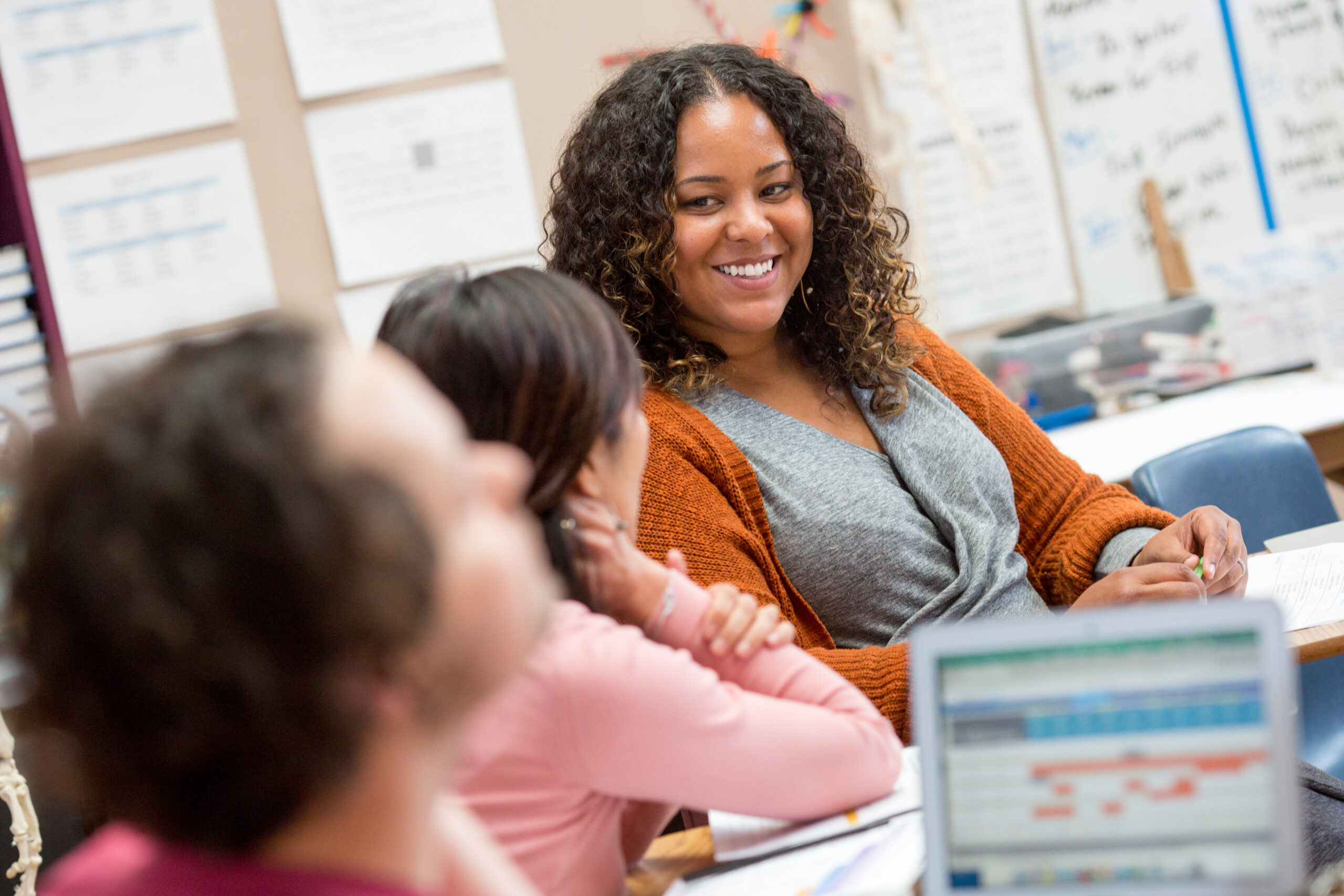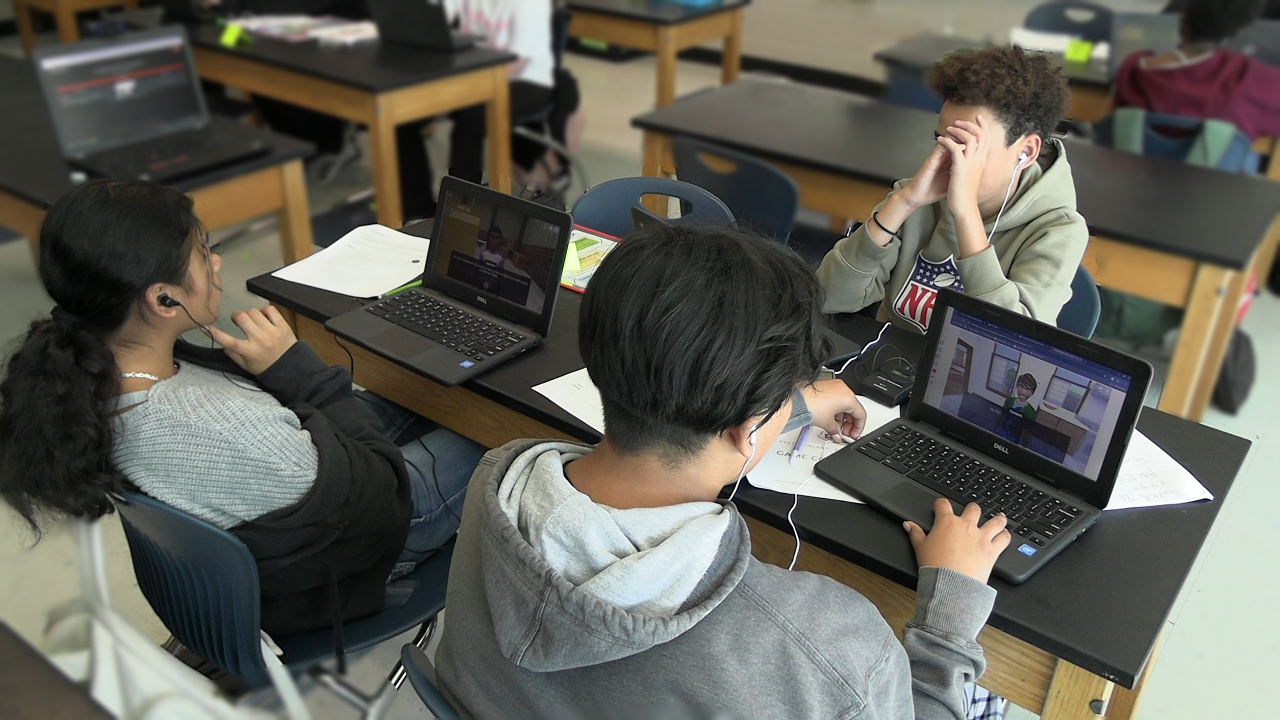The Montessori School of Raleigh: A Glimpse of the Montessori Education in the US by Chao Wang

Better education for my son is a trigger for me to pursue my Master’s degree in the US. Many academic-based preschools are eager to educate students to memorize words and read books at a very early age. By visiting about twenty preschools in Raleigh, Montessori School is the exact one that I have been looking for. Montessori philosophy is one of the most popular educational theories around the world. Dr. Maria Montessori, in 1879, started to develop this child-centered educational approach based on scientific observations of children from birth to adulthood. There are remarkable characteristics of the Montessori school and I’d like to share ones that attract me the most.
Respect for Nature
Respect the nature of the environment and that of the development of children are two main aspects of its teaching philosophy. It is well-known that Montessori schools disapprove children spending too much time on technological devices. As a new family, we received an email about how technological devices negatively impact children. Also, all teaching aids in classrooms are made of natural materials such as wood and cloth, rather than plastics. Teachers here help students understand and recognize the environment in daily activities.

Nowadays, it has become an increasingly popular trend among parents to have less patience in their children’s education! Some parents have a greedy desire that their children should be high achievers even before the school starts. Accordingly, preschoolers are forced to learn spelling and math early on. By contrast, there have emerged preschools that embrace an extremely opposite idea: play-based curriculum. I appreciate the way that Montessori educators view the learning of preschoolers that children have a natural desire to learn knowledge and skills. Therefore, Montessori schools have created well-designed, supportive learning environments that ignite passion for learning.
The mixed-age placement is one of the prominent features and creative teaching methods that embodies Montessori philosophy. This method fits students’ needs; meanwhile, teachers are well prepared to handle various demands in one classroom as children are certainly in different developmental stages even at the same age. For instance, Tom, a 6-year-old boy, is good at language and delivers a wonderful speech compared with his 8-year-old counterparts. In this case, teachers can place Tom in a higher-level group instead of the 6-year-old group in language activities.

A Connected Community
I was a little nervous on the first day when my son went to Montessori school. My concern was soon dispelled when a teacher approached and asked me, “Are you Zhang’s parent?” Montessori teachers work hard on building community. On the contrary, community culture has not been created in China. Teachers, parents, and children are all involved in activities organized by the Montessori School, which believe the good atmosphere of the community is the soil that nurtures children. As the proverb goes, “it takes a village to raise a child.”
What I have perceived and discussed in this article is just a glimpse of Montessori education. I neither advocate for the idea that that preschoolers should learn much knowledge nor that the only thing children need to do is play without any purpose or instruction. Montessori schools have successfully balanced learning and playing. Community culture is a new and interesting concept to me. I believe children’s education is calling for efforts from not only teachers and schools, but the rest of society as well.
- Categories:


